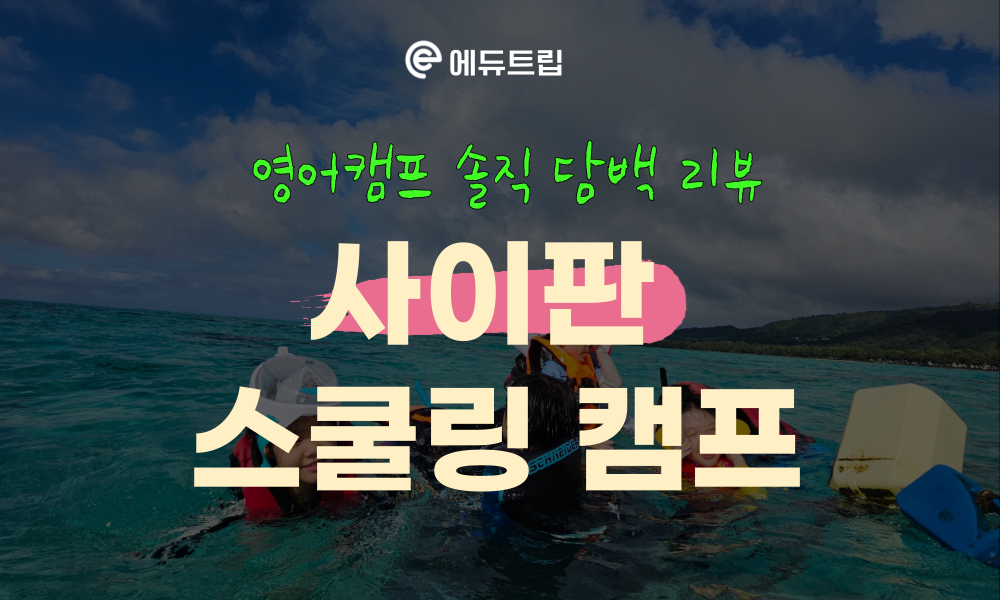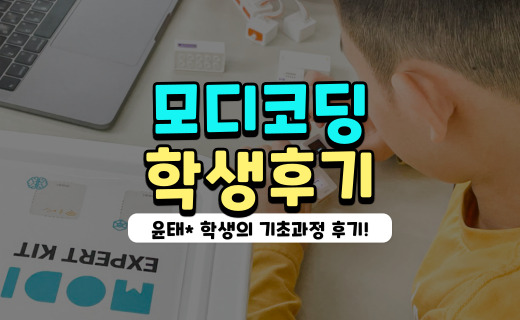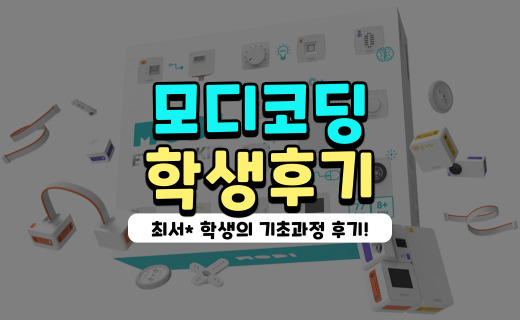[Connected student interview] interview with a graduate from nursing school of QUT, Australia
Interview with Ji Won Seo,
a graduate of nursing school, QUT, Australia
Nurse is the most preferred job by students studying abroad in Australia. We interviewed a nurse Ji Won Seo, who is working for 2 years at Aged Care in Townsville after graduating from nursing school of QUT. We will discover everything to become a nurse in Australia, starting from what she had prepared for, school work, residence card and tips she got while working in the field.

Q. Hello, please tell us about yourself.
I’m Ji Won Seo, and I am a nurse working for 2 years at Aged Care in Townsville after graduating from nursing school of QUT(Queensland University of Technology), Brisbane, Australia. For your information, nursing school in Australia is a 3-year program. QUT allows 1-year credit if you graduated from a 4-year college in Korea. So, it provides a program where students can study nursing quickly through 2-year graduate entry course.
Q. When did you start studying abroad? What made you do it?
I first arrived in Sydney on a Working Holiday Visa in 2007, and I worked and took general English language course. Then, in 2016, I started studying abroad in Brisbane by entering a nursing school. My decision to study abroad was that I have been always thinking about balance between work and life in Korea, and I got interested in professional technician position where I could work with a long-term vision. Also, I learned that the treatment of nurses in Korea is not as good as that in Australia. So, I came up with a conclusion that it would be better to study nursing in Australia and get a green card.
Q. Out of many countries, why did you choose Australia?
I like travel and great natural scenery. Australia is a wonderful tourist destination with pleasant fresh air, and the warm climate of Queensland works well with my lifestyle in particular. I like the fact that I can work as a nurse in Australia and take advantage of the fair wages and 5 weeks of annual leave and 10 days of sick leave which allows me to spend more time with myself and my family.
Q. Tell us about your alma mater, QUT and the application process in detail.
QUT is a competitive school specializing in majors in nursing, engineering, and business, and it was first school in Queensland with nursing school. To apply, students must first apply for a student visa that allows them to enter Australia. Submit English proficiency score for admission when students receive an offer letter from the school. When I applied, I had to have an IELTS score of 7 each and 65 points in PTE each to be admitted. If you do not have an English proficiency score, the school provides a language course prior to admission. If you pass the course, you can be admitted in lieu of submitting an English proficiency score. QUT accepts students twice a year in February and July, so it's important to take this into account. In particular, if you are enrolled in nursing school, you must also apply for a Blue card. It is a card you possess in Queensland, Australia, and it proves that you can work legally after a criminal background check before working with children or hospitals in Queensland. No separate interview takes place for the admission.
Q. What have you prepared for before you applied for nursing school in Australia?
The first thing I did before applying for nursing school was to get a good English proficiency score. Without the score, taking classes would be difficult not to mentioned getting admitted to the school. That’s why I worked hard to get a good English proficiency score. Offline earning institute can be expensive and take a long time to commute, so I used online courses. I was especially poor in speaking and writing, so I studied through English learning institutes via telephone that provide IELTS classes.
I bought some books on introduction to nursing in Korean and studied for a few weeks. But I started studying nursing terms and expertise in English from the ground at the school, so the books were not much of the help. You will receive a vast amount of instructional materials once enrolled. As long as you fully understand the material, you can keep up with the classes.
I also got a driver's license in Korea, and it was very advantageous because if you have a Korean driver's license, the Australian Transportation Department immediately issues an Australian open license. Obtaining a driver's license in Australia takes a lot of time, money and effort. So please take advantages of getting a driver's license in Korea. It can also be used as an ID card instead of a passport.

Q. What are important in nursing school in Australia?
I think actively appealing yourself and sharing your opinions are the most important aspects to pass classes and practice. In addition, there are two or three essay assignments for each subject, and each shall be of 3000 to 4000 words. It is different from the team assignments that are usually done in Korea, so it is important to learn how to write essays that are provided by the school for free before the school starts.
Nursing is an academic field dealing with human health, so it is valued more that the ability to write essays by finding materials that display arguments than the one with creative ideas. Since there are lots of assignments and practice, good time management and leading the academic and practical schedules without getting tired are important. Study load is so large that my English skills have improved a lot during my two years of nursing school in Australia.
Q. Why is it that studying nursing and working in Australia is stable and promising?
In Australia, there is still a shortage of people working in the medical field. So, relatively speaking, there are many opportunities to get a job compared to other fields. Perhaps because of such reason, career in nursing is known to be stable and promising. It is difficult to get a job right out of school without a work experience. But if you gain some experience, you can work in hospitals, aged care, communities, GP clinics and nursing agencies with sufficient shifts. Because it is a technical career, it has no retirement age, and I think it is attractive that it pays sufficient compensation because additional shift loading salaries are given for working afternoons, weekends, and holidays.
Q. How long did it take from residence card application to issue?
After graduation, I enrolled in the Nursing Board of Australia and applied for permanent residence for an independent technical immigration. When I applied for the residence card, the number of invitations for permanent residency was dwindling due to major changes in Australian regulation, so it took some time before getting the permanent resident card. In May of 2018, I enrolled in Nursing Board, and after graduating from nursing school in July, I received my target English proficiency score in August and applied for permanent residence right away. It almost took me 9 months to get the card when I received it in May of 2019. Originally, bottom line for the residence card had been 60 points or above. However, in June 2018, the Australian government unexpectedly upped the cut line score to 65 or above, and the score range for obtaining a green card has actually risen from 70 to 75.
Q. Tell us goods and bads about living in Australia.
Good thing about living in Australia is that the compensation for labor is certain. Salary level and consideration for workers are among the best in the world. Employers offer paid leave as well as mental health support programs. In addition, when you get a residence card, there is a national medical insurance system called Medicare and you can receive subsidiary support for free or a certain fee for treatment or examination at a primary healthcare institution. Of course, getting treatment from a specialist or a private hospital is not included.
What’s bad about life in Australia is that if you use private healthcare, you can incur huge medical expenses. If you are hospitalized or treated at a dermatologist or private hospital, you have to pay several times more than the cost of treatment you would pay for in Korea. Of course, if you receive referrals to public hospitals, you can receive medical treatment and examinations completely free of charge. However, you may have to wait close to one year. In particular, many receive dental treatment in Korea or Thailand for cost and time. Moreover, speed of service is slow compared to Korea, and the cost of dining out is very expensive.
Q. What would students preparing for nursing school in Australia focus on?
Please recommend useful or essential experience or programs you ever participated.
Personally, the most helpful activity was the experience of volunteering at an Australian hospital. In particular, to get a job in Australia, a referral is required. The service coordinator in charge of the hospital I served was the good referral for my passing of nursing agency and getting a job. In addition, while volunteering at the hospital, I was able to indirectly experience the nursing work. And I could improve my English communication skills by communicating with patients. I volunteered at Rehabilitation Physio Center, too. While assisting as a Physiotherapist, I had many opportunities to communicate with elderly patients, and such volunteer experiences helped me a lot in writing resumes and interviews in the future.
Q. How long have you been a nurse? Tell us about the hospital you work for and the job description.
As soon as I graduated from the school in July of 2018, I worked as a carer at a nursing agency in Brisbane for 3 months. And I was hired as a full-time nurse at Aged Care in Townsville and I have been working here for 1 year and 9 months. Personally, I like working in Aged Care than working in hospitals. At Aged Care, I handle paperwork, medication administration, dressing management, clinical management of elderly patients, family complaints response and resolution, referral to GP, and Allied health professional and more. For any emergency situation, I handle acute clinical problems such as transfer to hospital after nursing assessment.
Q. Tell us about rewarding and difficult experiences.
Rewarding experience was when the patient and the family member expressed gratitude for my hard work. Also, when I see patients whose condition is improving a lot thanks to my care, I feel a sense of duty for what I do. Difficulty is when the patient's family complains. It is the most difficult when the patient's family members are emotionally acting rude and asks for an unreasonable favor. And if I cannot make proper medical decisions or perform treatment, there is a burden of being legally responsible since it is a job directly connected to the lives of the patients.


![[영어캠프후기] 영어 캠프 참가 아이들의 생생한 캠프 이야기 (캠프 후기)](https://connectedu.com/uploads/20250416/zDmO0ObMIjadZUY.png)






